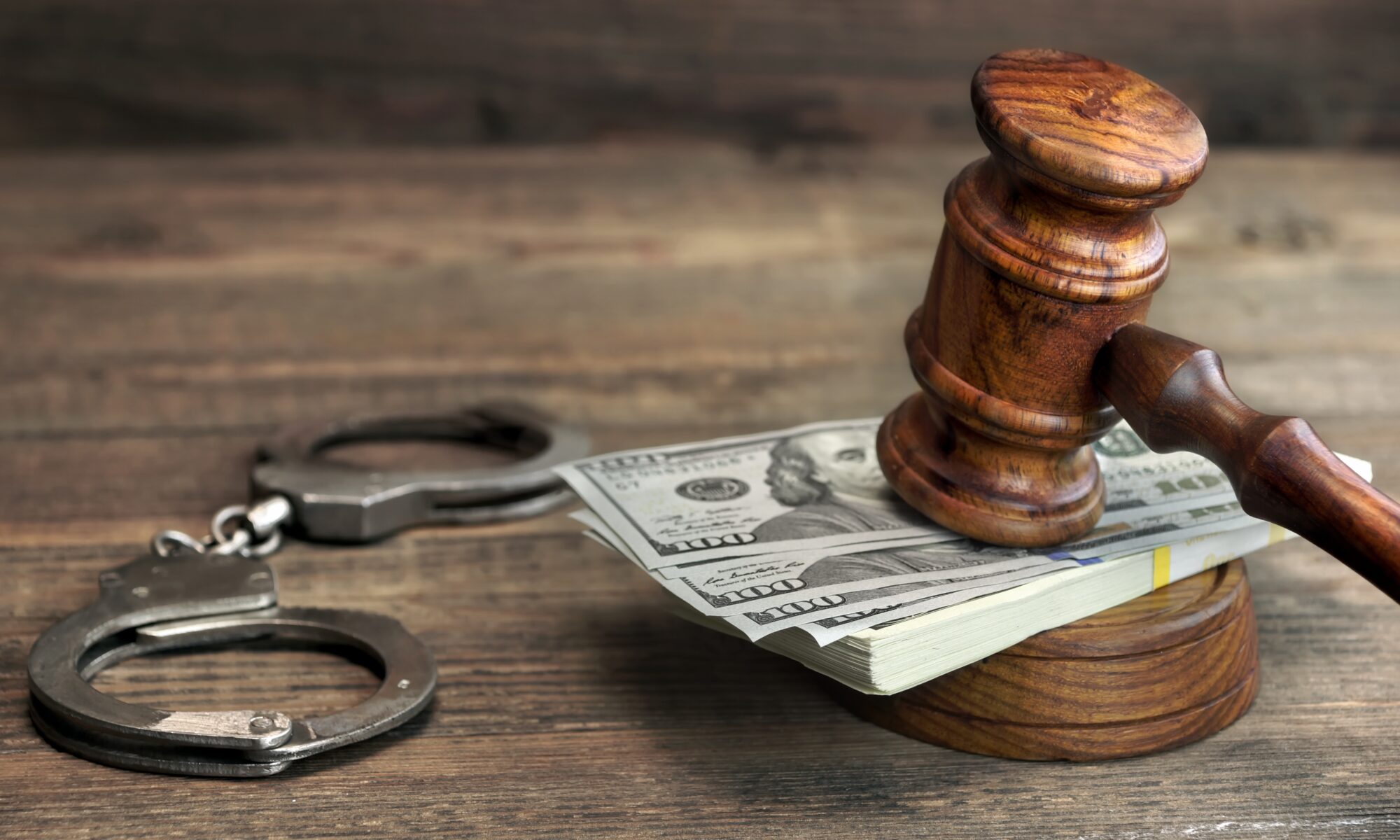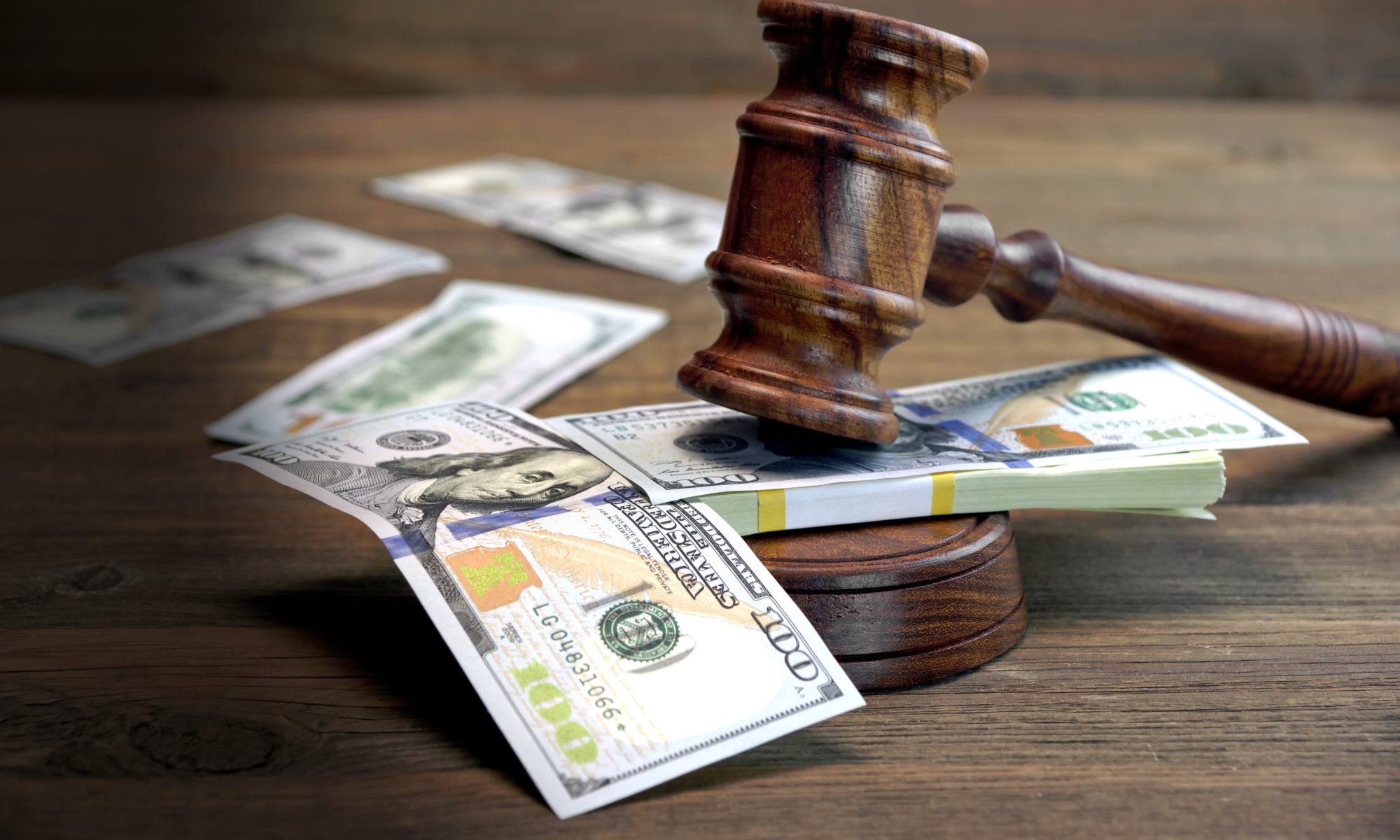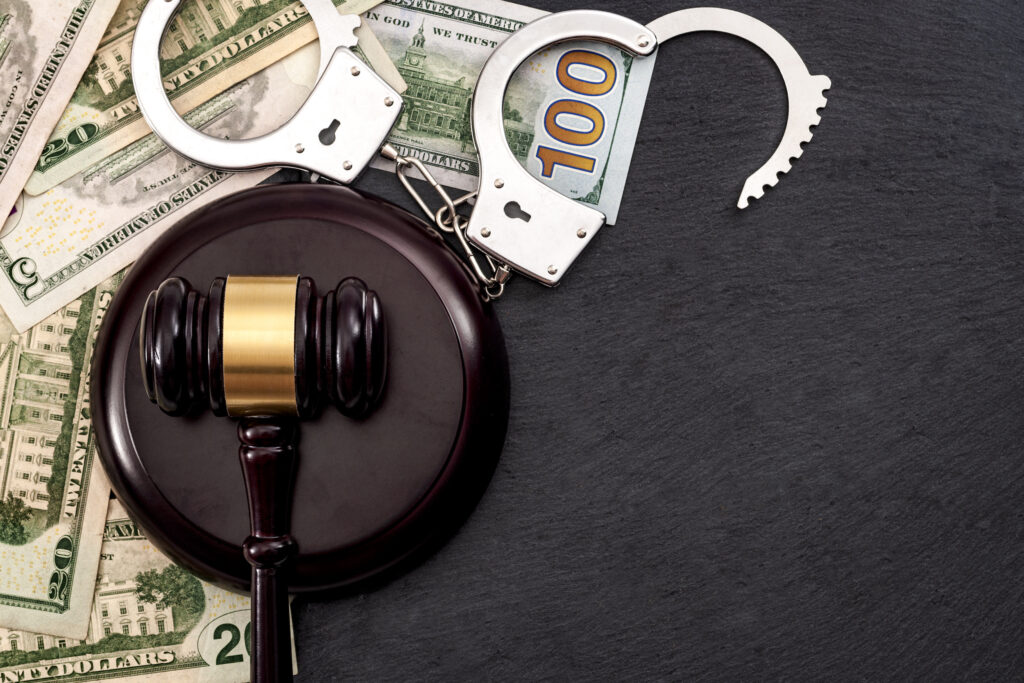If you or a loved one has been arrested and you need a bail bond to get out of jail, there are two possible routes to take. You can bail with a cash bond or a surety bond. The biggest difference between the two is that surety bonds involve more parties while cash bonds do not require this.
They also differ when it comes to fees and how much money the arrested individual receives in return after their court date. We cover any and every question you have about cash bonds and surety bonds to help you better understand how they differ.
What is a cash bond?
A cash bond, the simpler of the two, is cash held as a guarantee of payment. When bailing someone out of jail, it is usually much easier to post the full amount in cash.
When posting bail with cash, the bond court holds the full amount to make sure the arrested shows up for their court date. If you don’t show up for court, they keep your cash.
Advantages
Cash bonds are relatively simple and easy to understand, which is why they are recommended. If you never have been arrested before, this is the best route to take. The arrested individual can get the majority of their money back after court, with fewer court costs and fees to worry about. Additionally, there is no need to attempt to qualify for a bond.
Disadvantages
The downside to cash bonds is that you may need to come up with a large quantity of cash. Everyone’s bond is different, depending on what they were arrested for. Most people don’t have that kind of access to large amounts of cash, which could leave the arrested individual stuck in jail as they await their trial.
If they come up with the cash later on, they may experience problems with liquidity while waiting to receive the cash after court.
What is a surety bond?
Surety bonds are made when the defendant hires a surety company to pay the bail money. In exchange for covering the bail, a surety company will charge the defendant a fee, which is often 10% of the bail.
When the defendant shows up for their court date, the surety company is entitled to receive up to $10,000 back from the court and the defendant will get a portion of the 10% fee back. Sometimes, the money given back may be less due to fees charged by the bonding company.
Advantages
The best thing about surety bonds is that the defendant can be bailed out right away without having to come up with the cash to cover the entire bond. The defendant only has to worry about paying the small percentage or the standard 10% to the bond company in the meantime and may possibly get this payment back.
When showing up for court, the defendant doesn’t have to worry about not having enough cash to be able to pay pending payments.
Disadvantages
What you need to be aware of when it comes to surety bonds is that a defendant is not always guaranteed to receive one. Surety companies require people to apply for the bond. The company then weighs the potential risks and outcomes before deciding if they want to issue the defendant the bond.
People with poor chances or poor financial backgrounds may not qualify because, to the company, they do not look financially responsible. Surety bonds also call for higher fees than cash bonds.
Who pays the bond?
With cash bonds, the defendant or a friend or family member are eligible to pay the full bond amount in cash. If the defendant shows up to their court date, the court returns the full cash amount and no one loses money.
With surety bonds, more parties are involved. A defendant pays the bail bondsman a non-refundable premium.
Who is at risk?
The risk always falls on the defendant, even when a bail bond company is involved due to a surety bond. If a defendant fails to pay the full amount, they will be charged extra fees from the surety bond company. When dealing with a cash bond, they will not get their money back if they fail to show up to their court date.
How do I know what is the better option?
Knowing what works better for you all depends on your situation and how much you can pay upfront. For those who need the money as soon as possible, surety bonds are good options. Cash bonds are better options for people who have the financial means to pay the total bill and do not want to face fees later on.
Find the Safest Route for You with Help from Freedom Bail
You can always speak to a professional to learn about which bond is more beneficial. Freedom Bail Bonds of El Paso is here to help. You can contact us at (915) 877-9293 to learn more.




